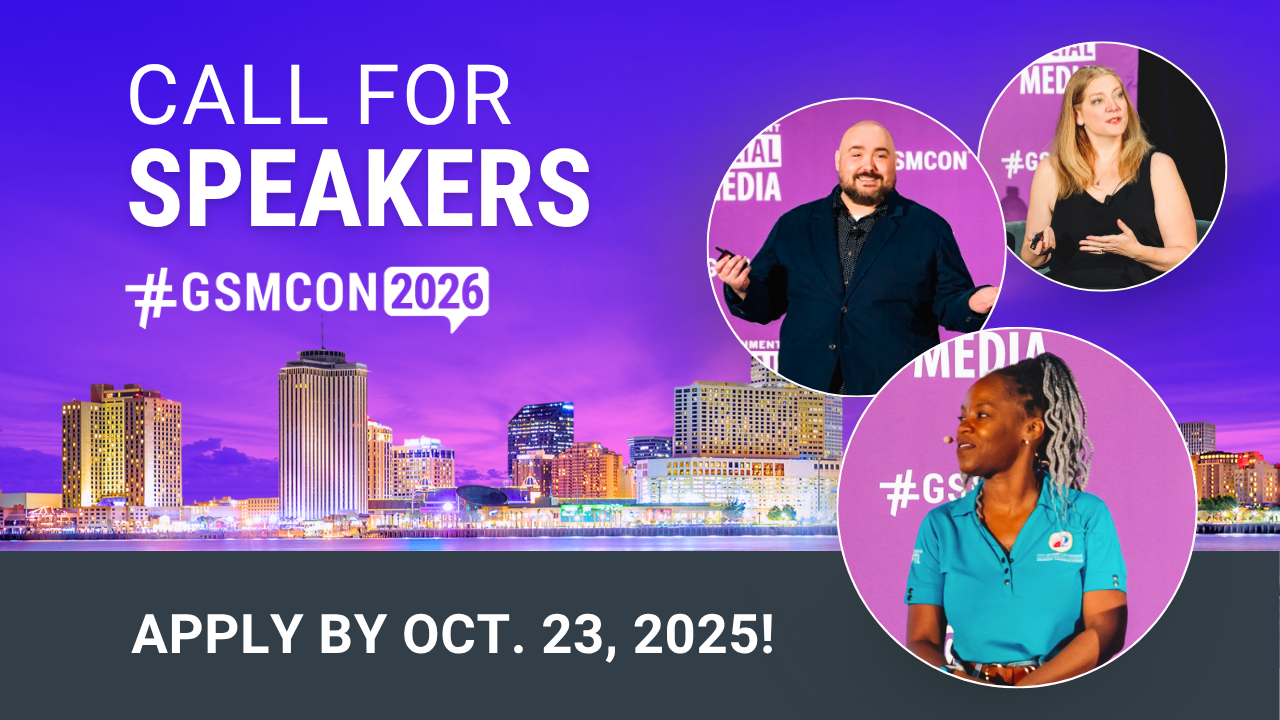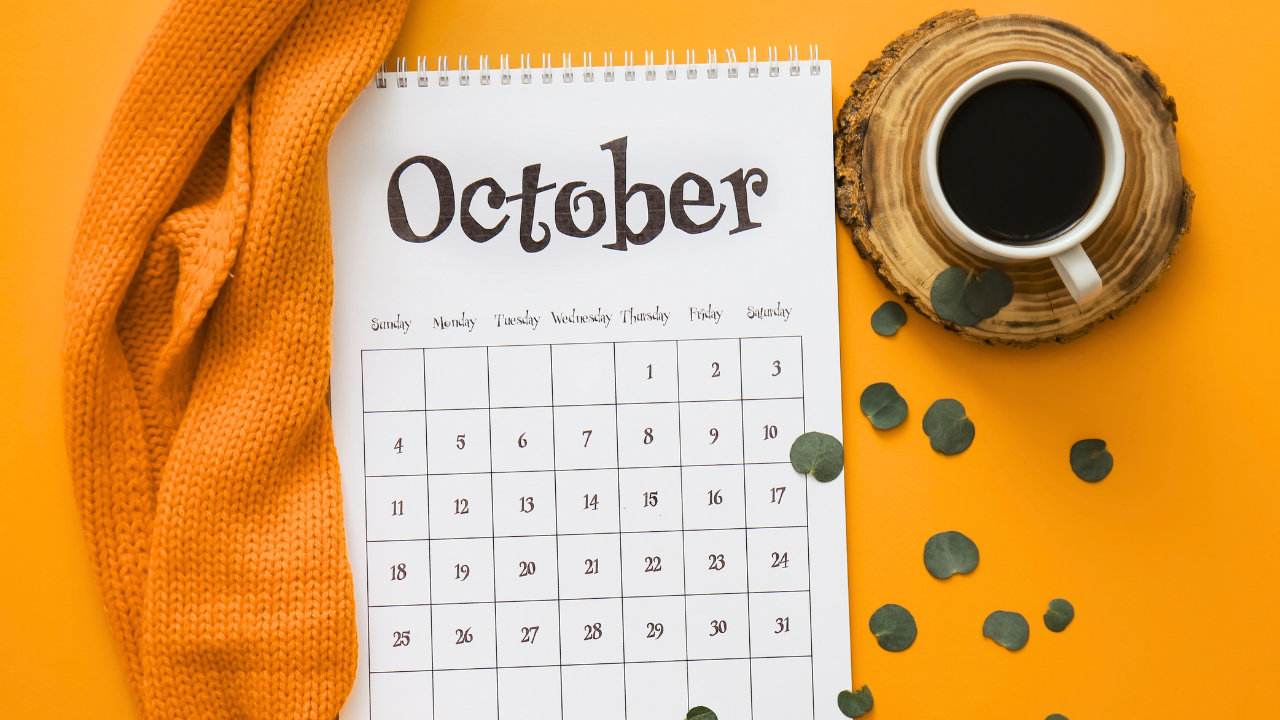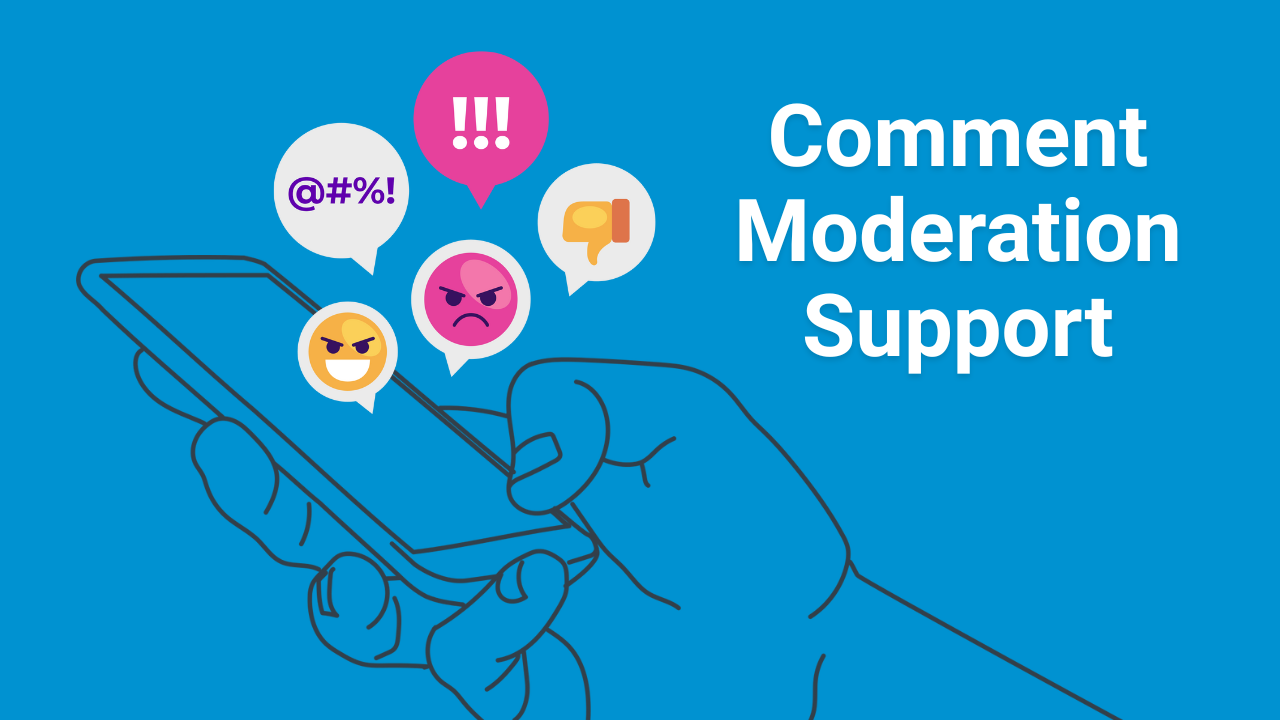
‘She Doesn’t Even Go Here’: Redefining Trolls and Creating Opportunities from Negative Interactions
Jun 14, 2021“She doesn’t even go here!” bellows from a towering presence in the back of a crowd. Hidden behind a tightly scrunched hoodie and dark sunglasses, the commenter can’t help but interject during an assembly about kindness in the movie Mean Girls. While its release in 2004 pre-dated social media, this scene mirrors most comment sections today.
Damian — while trying to do good — is still hiding behind a hoodie and sunglasses. Today, that’s a keyboard. And the speaker — well, she doesn’t even go there, she “just has a lot of feelings.” Sound familiar? Thankfully, we have Ms. Norbury there to moderate — and yes, you get to play Tina Fey in this situation!
So often, any negative comment on social media, especially government social media, is dismissed as coming from a “troll.” But not all angry people are bad people, and we have to admit, we all get angry sometimes. Most, in the words of Leslie Knope, are caring at us loudly. They may be failing to cope in some way, can’t articulate their thoughts well, or are just plain passionate about the issue. These, while having a negative tone, are all legitimate concerns and questions — they “go here.”
Ignoring them is simply a missed opportunity to build relationships and trust — which is exactly why government agencies should be on social media in the first place.
True trolls do exist — but their concerns aren’t rooted in reality or a legitimate concern. Trolls hit up your comment section simply to stir up others, incite chaos and to watch the show. They don’t care about the subject at hand, your agency, or even you. They don’t even go here!
Being able to discern between a true troll and someone caring loudly can take some time to get the hang of, but some simple questions can help point you in the right direction and take a walk in their shoes.
- If I were upset about this issue, would I have similar questions or concerns?
- Do the comments directly connect to the issue at hand or our agency?
- Does this person frequently show this behavior and tone?
Remember, just because a question or concern has a negative tone does not mean you shouldn’t respond. Yes, you absolutely can turn around a situation by responding with empathy, helpful info and the facts. Even if you can’t change the opinion of that one person, if it’s on a public post, you have plenty of observers watching who will not only be educated by your response -- they’ll see that your agency responds, that you do so with kindness, and that you provide good information and explanations. You can also refer them to a subject matter expert for an offline conversation that’s more nuanced and thorough.
Even if you can’t fix the problem, you can make that person feel heard, and sometimes, that’s enough. Some creative social pros have also found ways to reach out to people who have gotten repeatedly upset on a certain topic, including taking them to lunch to iron out the concerns! Each negative response is an opportunity for growth.
So, when do you not respond? It’s helpful to have your own rules of engagement for when you do and don’t wade into the comment pool, and they should align with any existing internal customer service policies. Some suggestions:
- There is no clear question or concern that relates specifically to the topic at hand or your agency
- The comment violates the platform’s terms of service and can be reported
- The comment raises concerns that should be sent to your agency’s Legal department
Even though being immersed constantly in the comments section can feel like flipping through Mean Girls’ Burn Book, remember that you can take care of your wellness, too. Give yourself proper boundaries - ultimately, these negative comments are never about you, they’re about the person who said them. Give yourself space to step back from harsh comments and respond rationally instead of emotionally, seeking the opportunity in the situation. Advocate for your position internally and ask for resources if you need them.
Ultimately, do what you can and move on.
Jessie’s bio:  Jessie Brown is the Social Media Specialist for the Iowa Department of Natural Resources, whose content is seen more than a million times each week. Jessie believes in the power of social media to inspire, engage, educate and build quality relationships between government agencies and their audiences.
Jessie Brown is the Social Media Specialist for the Iowa Department of Natural Resources, whose content is seen more than a million times each week. Jessie believes in the power of social media to inspire, engage, educate and build quality relationships between government agencies and their audiences.
As a lifelong Iowa outdoor enthusiast, she takes great joy in inspiring and encouraging fellow Iowans to embark on new outdoor pursuits and to become greater stewards of nature.
Social Media Club Des Moines' 2017 Social Media Professional of the Year, Jessie's led a charge to develop government social media that’s resulted in national, state and local recognition. She currently serves as the Midwest representative for Government Social Media’s Member Council, has served on the board of Social Media Club Des Moines, and works to help other social media professionals stay emotionally and mentally resilient in an often taxing and stressful career.
Best communicate with the public you serve by becoming a part of the free Government Social Media network — only available to full/part-time employees of government or educational institutions.
We support the largest network of government social media professionals in the U.S. by guiding government agencies through complex social media issues. Government Social Media helps you successfully communicate with the public you serve, protect your agency and keep public trust while finding your support community.
Government Social Media® empowers government professionals to achieve mastery in social media through conferences, online training, and association membership. Best communicate with the public you serve and get connected with fellow socialgovs by registering for the 2026 Government Social Media Conference happening in New Orleans, LA and virtually from wherever you are! Join the free GSM Network for text-only chats on socialgov topics or access the Government Social Media Association (GSMA) for regional virtual meetups and educational webinars.









